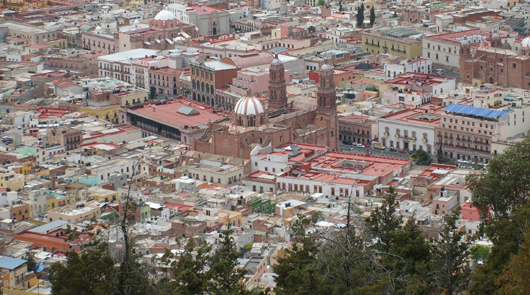
Latin America
Please refer to Fall/Winter/Spring/Summer Courses for course offerings.
Doctoral studies in Latin American History at UC San Diego rank within the top half-dozen programs in the U.S. for graduate study in the field. On average, the program has about 10-12 doctoral students, at different stages, in any given year. Our program has an excellent record in placing doctoral students; among academic posts they have won in recent years are tenure-track appointments at the University of North Carolina, Dartmouth College, UC Santa Barbara, UC Santa Cruz, the University of Washington, the University of Illinois and Carleton College, among others.
For the Ph.D., students take a minor field exam, an outside field exam, and a comprehensive exam, usually in this order. The minor field exam is a “default” exam, depending on the dissertation topic. If the dissertation is thematically located in the 19th and 20th centuries, the minor field will be the colonial period, and vice versa. Students will assemble a five-member comprehensive and dissertation committee to oversee and advise them on their work, and to evaluate it at key points in their studies. Usually one faculty member is selected by the student as principal adviser, but co-advising by two faculty members is also a common arrangement. The average time to degree is six years.
The outside field can be in one of the Social Sciences. However, graduate students can take their outside field exams in fields ranging from Music and Literature to Economics and Archaeology; but also within the History Department in U.S., European, East Asian, African, or Ancient history. Graduate students take their minor and outside field exams some time during their third year in the program, followed by the comprehensive exam. For the minor and outside field exams, candidates will most probably take a 24-hour take-home essay exam combining “substantive” and “historiographical” questions. Pending arrangements with the instructor in the second (i.e., non-Latin American history) outside field, requirements may also be met by a substantial amount of writing. A brief presentation of the prospectus is also expected at the comprehensive oral examination.
Mandatory coursework for first- and second- year students includes a one-year historiographical sequence (colonial era, nineteenth century, twentieth century), two research seminars (each with a two- to three- quarter sequence), and a one-quarter class on Social Theory.
Financial aid is available, including Teaching Assistantships, Readerships, San Diego Fellowships, Cota Robles Fellowships, and Regents Fellowships. New applicants are encouraged to obtain extramural funding, especially students from abroad. For native foreign-language speakers there are also some excellent opportunities to become a Teaching Assistant in the Department of Linguistics.
Language Requirements:
Two foreign languages are required for advancement to candidacy for the doctorate. In the case of foreign students, their native language is recognized as fulfilling their first foreign language requirement. Language skills are tested prior to the comprehensive exam and involve a written translation from the foreign language into English.